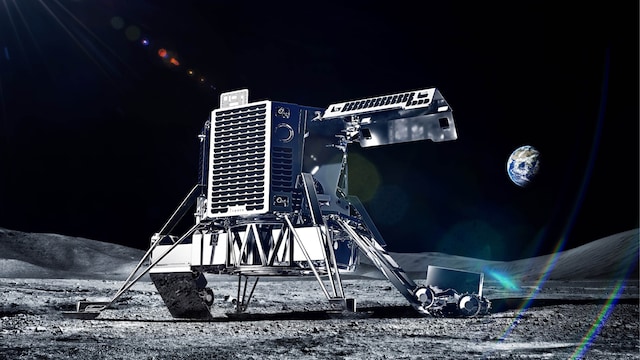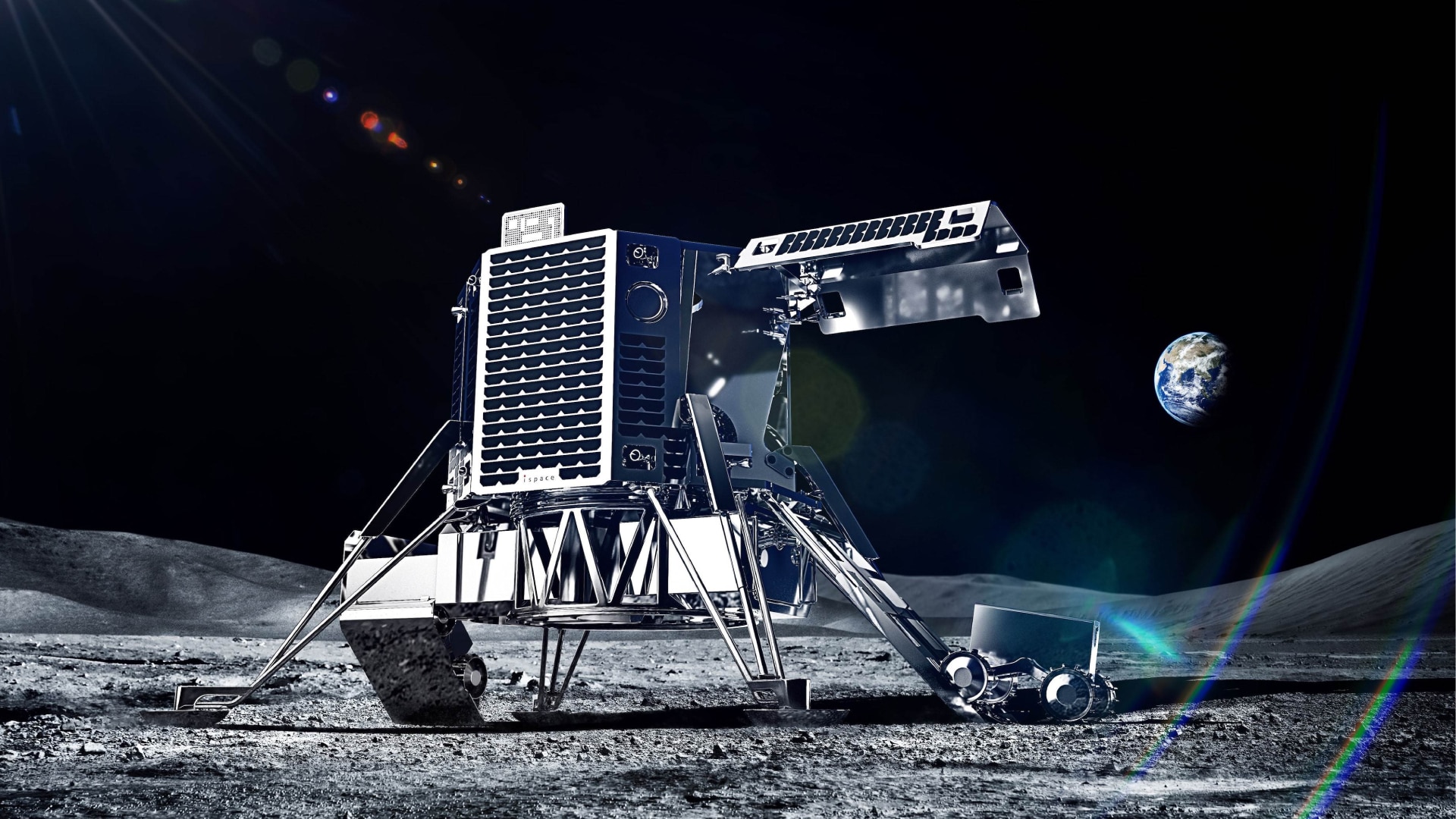Japanese space startup that aims to colonise moon by 2040 to launch second mission soon

Japan’s space startup Ispace, which plans to colonise Moon by 2040 is set to launch its second mission to the Moon, after the failure of its first mission back in April this year. The second mission is scheduled to launch on a SpaceX Falcon 9 rocket in 2024 winter
Japanese space startup Ispace Inc. is gearing up for another attempt to land a rover on the moon after its initial mission in April ended in failure. The second mission is scheduled to launch on a SpaceX Falcon 9 rocket in the northern hemisphere winter of 2024, according to the Tokyo-based company.
Ispace’s Chief Executive Officer, Takeshi Hakamada, emphasized the importance of the experience and data gained from the first attempt despite not achieving a successful lunar landing. The lander for this mission, named ‘Resilience,’ will carry various payloads, including a water electrolyser, a food production experimentation module, a deep space probe, a commemorative metal plate based on the Japanese anime series Gundam, and a micro-rover developed by Ispace.
The micro-rover, weighing approximately 5 kilograms and standing 26 centimeters tall, will be equipped with a high-definition camera for capturing lunar surface images and a shovel for collecting lunar rocks. Ispace aims to contribute to NASA’s Artemis program, which focuses on returning astronauts to the moon.
Related Articles

South Korea to launch its first military spy satellite to monitor rival North Korea

China offers cash to rocket startups in hunt for its own SpaceX
The failure of Ispace’s Hakuto-R Mission 1 lander in April was a setback for the company’s ambitions in the commercial space industry. The communication was lost during the final approach, leading to a likely hard landing. The upcoming Mission 2 will incorporate improvements, including software validation, an expanded landing simulation range, and additional field testing of radar sensors to enhance mission accuracy.
Ispace, founded in 2010, envisions creating a lunar settlement by 2040 and plans to generate revenue by transporting goods and equipment to the moon. The second mission places Ispace in competition with other companies, such as Intuitive Machines Inc. and Astrobotic Technology Inc., vying to achieve the first commercial lunar landing.
The announcement follows Japan Aerospace Exploration Agency’s (JAXA) successful launch of the H2-A rocket in September, carrying an advanced imaging satellite and a lightweight lander scheduled to reach the moon in January. The renewed interest in lunar exploration comes in the wake of India’s successful lunar landing in August, while a Russian attempt faced failure due to an engine malfunction.
Despite the growing interest in the commercial space industry, challenges such as a shortage of rockets with payload capacity have led to difficulties for some companies in executing their launch plans. Japanese billionaire Yusaku Maezawa recently announced the indefinite cancellation of SpaceX Starship’s inaugural launch plans after a test flight explosion in April. SpaceX received approval to resume Starship rocket launches, with a targeted window on Friday.
For all the latest Technology News Click Here
For the latest news and updates, follow us on Google News.

